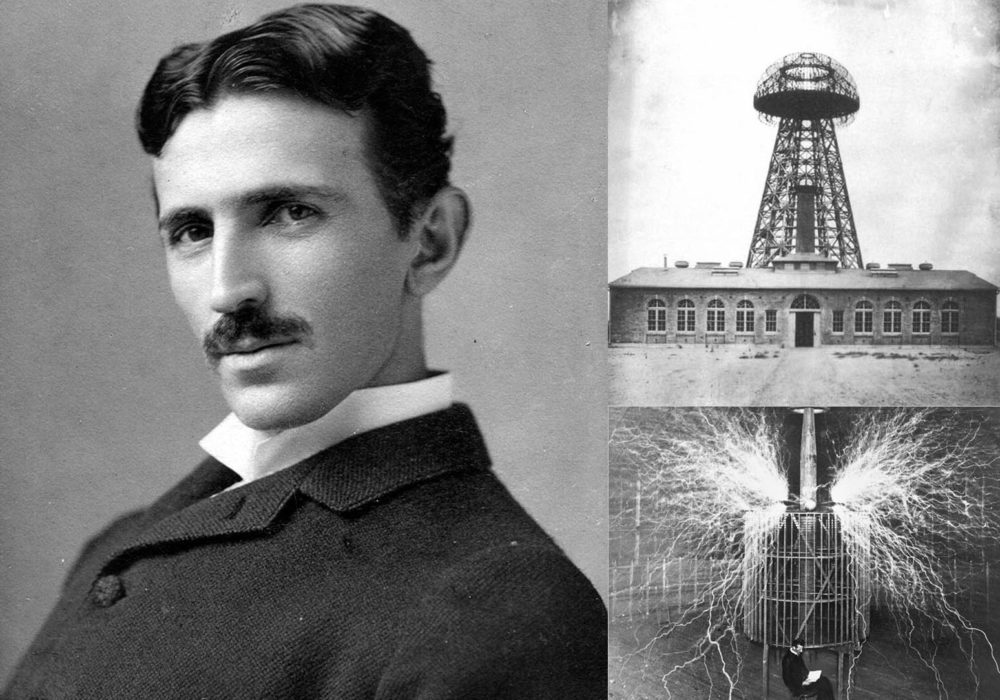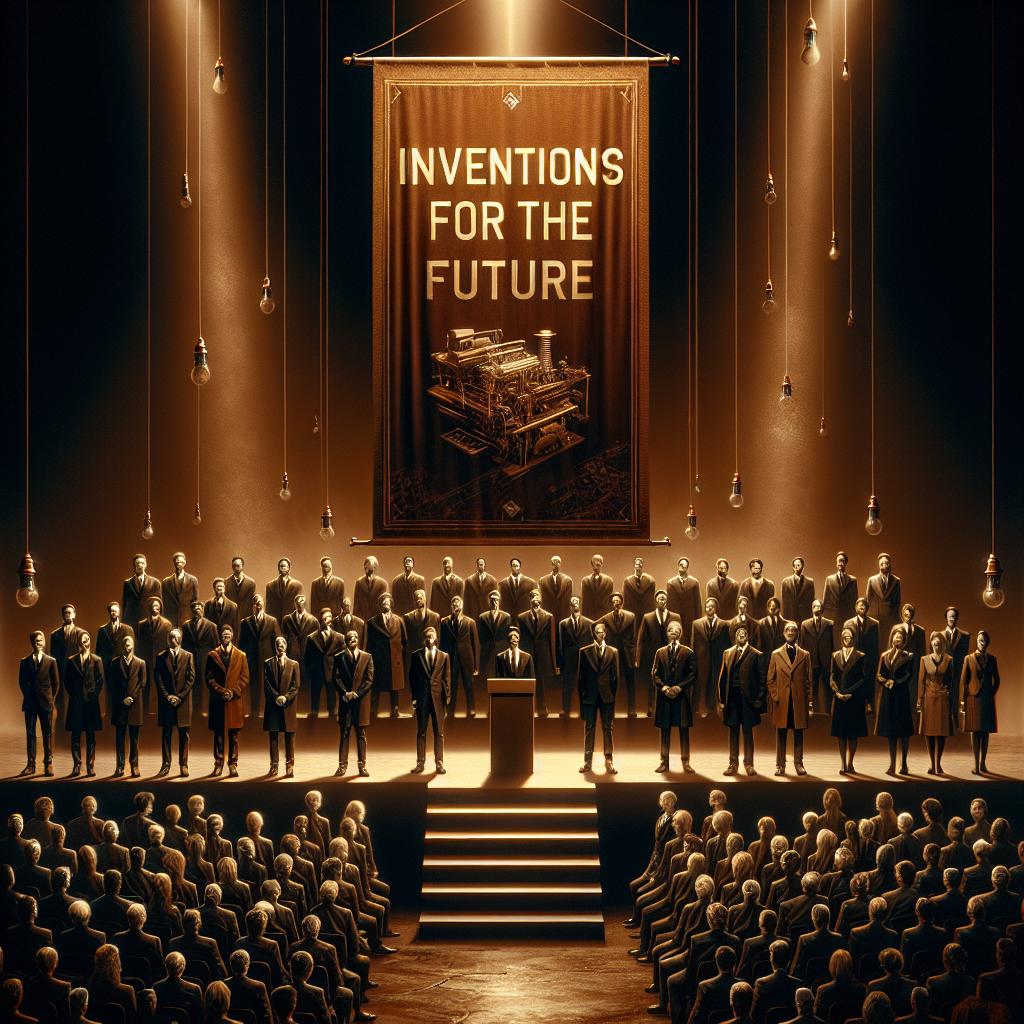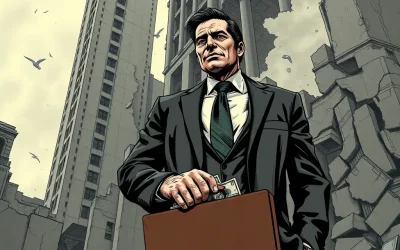The Suppression of Innovation: What Could Have Been
Solar, wind, hydro—these energy sources are often heralded as the cutting-edge solutions to our global energy needs. Yet, they pale in comparison to some of the revolutionary technologies that have been suppressed in the name of profit. History offers countless examples of brilliant inventors and inventions that could have transformed our world but were intentionally stifled to protect entrenched economic interests.

Take Nikola Tesla, a visionary whose genius shaped modern electricity. Tesla’s development of A/C power transmission defeated Edison’s D/C system, enabling electricity to travel efficiently over long distances through copper wiring—a system still in use today. Yet, Tesla’s most groundbreaking work remains largely unknown: the Wardenclyffe Tower. This invention promised to transmit electricity wirelessly by harnessing the ambient energy that surrounds us. Imagine a world where electricity is free and ubiquitous, powering homes, industries, and transportation without wires or centralized power grids.
Tesla’s financial backers—who owned significant interests in copper mines—saw no way to profit from this revolutionary concept. They abandoned the project, burned down Tesla’s lab, and left the inventor destitute. The result? A world shackled to an outdated, profit-driven energy paradigm, while Tesla’s vision of free, wireless energy remains a tantalizing “what if.”
The Cost of Suppression
Imagine how different our lives could be if Tesla’s wireless energy technology had flourished. Utility bills could become a relic of the past. Electric vehicles wouldn’t rely on heavy, expensive, and environmentally taxing batteries. Centralized power companies—and their profits—would no longer dominate energy production. Entire industries would evolve, and global inequities could be addressed by providing universal access to free energy.
And Tesla is just one example. Countless other inventors have faced similar fates:

- Stan Meyer developed a car that ran on water. Despite initial acclaim, his work was suppressed, and his mysterious death left his invention shrouded in controversy.
- Yull Brown created a method to safely generate and use hydrogen for fuel, but his discoveries were dismissed or appropriated.
- Innovators like William Nicholson, Rudolf A. Erren, and Francisco Pacheco contributed groundbreaking ideas in energy and transportation, only to have their work stifled by corporate and economic interests.
These are just a few names in a long list of suppressed innovators. Each one represents not just an untapped technological advance but also a lost opportunity for humanity to progress beyond our current reliance on costly, environmentally destructive systems.
Why Does This Happen?
The suppression of innovation often boils down to one driving force: profit. Technologies that challenge entrenched industries—whether in energy, transportation, or manufacturing—threaten the financial interests of powerful corporations. Instead of fostering progress, these entities prioritize maintaining their dominance, even if it means stalling advancements that could benefit billions.
A Call to Action
By challenging the systems that prioritize profit over progress, we can create a future where innovation is allowed to thrive. Governments, private organizations, and individuals must push for transparency, open-source research, and funding for independent inventors. Most importantly, we must cultivate a society that values the collective good over corporate profit.
History has shown us what’s possible. It’s up to us to ensure that the revolutionary ideas of today—and those yet to come—are not buried but celebrated and implemented for the betterment of all. Together, we can unleash the full potential of human ingenuity and create a world powered by progress, not greed.

More great inventors with inventions that didn’t make it past the corporate goal posts: William Nicholson(1799), Isaaac de Rivas (1855), Rev. William Cecil(1820), Jean J.E. Lenoir(1860), Luther Wattles (1897), Rudolf A. Erren (1930), Henry Garrett (1932), Micheal Peavey (1956), William Rhodes (1967), Yull Brown (1970), Daniel Dingle (1970), Francisco Pacheco (1972), Roger Billings (1976), Tom Ogle(1977), Archie Blue (1978), Robert Zweig (1978), Dr. Ruggero (1976), Sam Leslie Leach (1978), Bob Boyce, France G. Negra, John Christie, Pons & Fleichman, Lou Brits, Troy Reed, Paul Pantone, John Hutchison, John Keely, T. Henry Moray, s1r9a9m9, and many many more…
We CAN do better – Click here for a solution
Eliminate Money & Profit
When Money and Corporate Profit Become Irrelevant: A Vision of Resource-Based Living Imagine a group of people stranded on an island. Among their possessions are gold, diamonds, and wads of cash. Yet, without access to food, water, or shelter, their wealth holds no...
Resource Based Economy
Embracing a Resource-Based Economy: A Vision for a Sustainable Future In a world grappling with inequality, resource depletion, and environmental crises, a Resource-Based Economy (RBE) offers a transformative solution. Unlike traditional monetary systems, an RBE...
Time Bucks
The Future of Trade: An Open-Sourced Labour Exchange Economy Based on Time Imagine a world where your time is the primary currency. Instead of relying on fiat money, you trade your hours of labour directly for goods and services. This concept, often referred to as a...
Release the Patents!
Patents: Protecting Progress or Stifling Innovation?“Patents are important because they help protect your invention by giving you the exclusive right to stop others from copying, manufacturing, selling, or importing your invention without your permission.” –...
Re-write the Laws
Living in Harmony with Natural Law: A Blueprint for Freedom and Order When human beings live in accordance with Natural Law, they attain and sustain freedom, fostering a society rooted in order and harmony. Conversely, when human beings oppose Natural Law, they...
Make Education Free and Available to Everyone
Imagine a world where education is not a privilege but a right. A world where every individual has the opportunity to pursue their passions without the weight of financial burden. In this fully educated society, we would witness a remarkable transformation in how...
Ban interest
The Case Against Interest: A Call to End Usury and Liberate Society.The practice of charging interest on loans—usury—has long been a tool of exploitation, enriching a select few at the expense of the many. While often cloaked in legality, the system enabling...
Time to Unincorporate
Dismantling the Corporate Veil: A Call to Reclaim Responsibility. For far too long, the legal framework around corporations has allowed individuals to hide behind artificial entities with devastating consequences. The concept of corporate personhood, while convenient...
Why we need to think bigger
Some may say the system is broken...I would argue, the system works precisely as intended. We live in a world of systems that keep society confined to a box. Those that control these systems (the 'elite' 1%) have designed it in such a way to enrich the elite directly...








